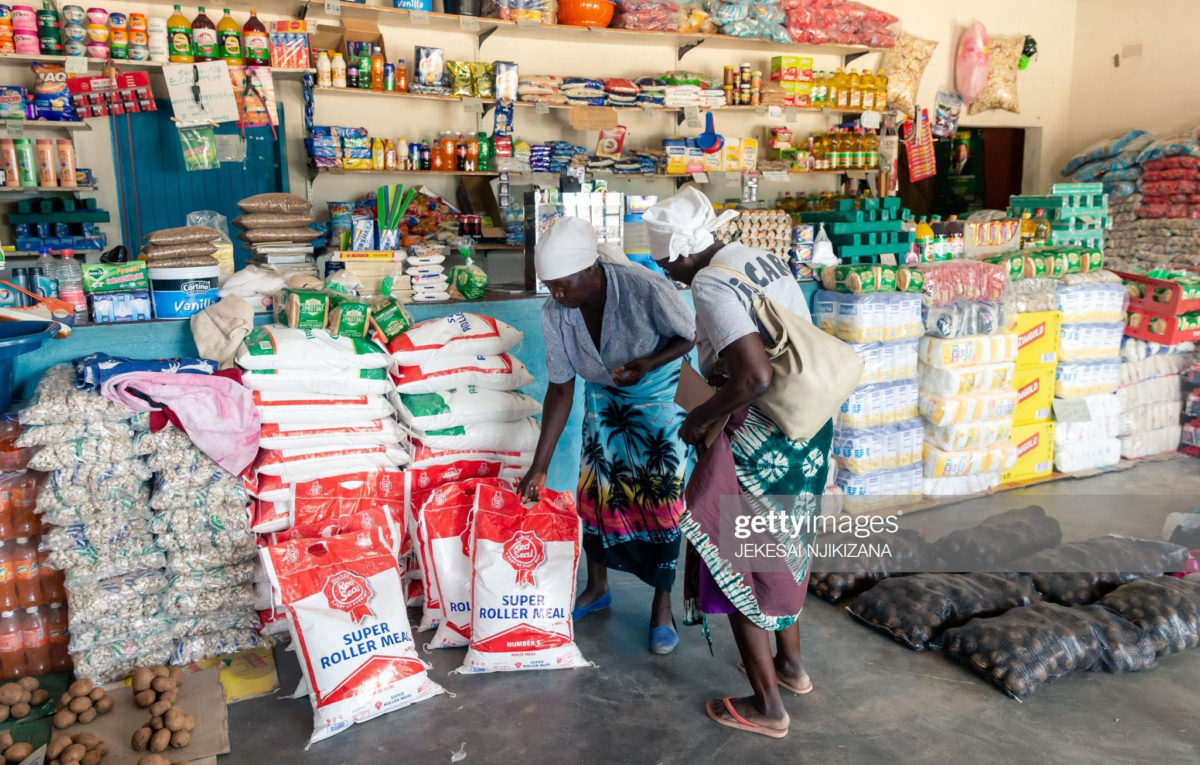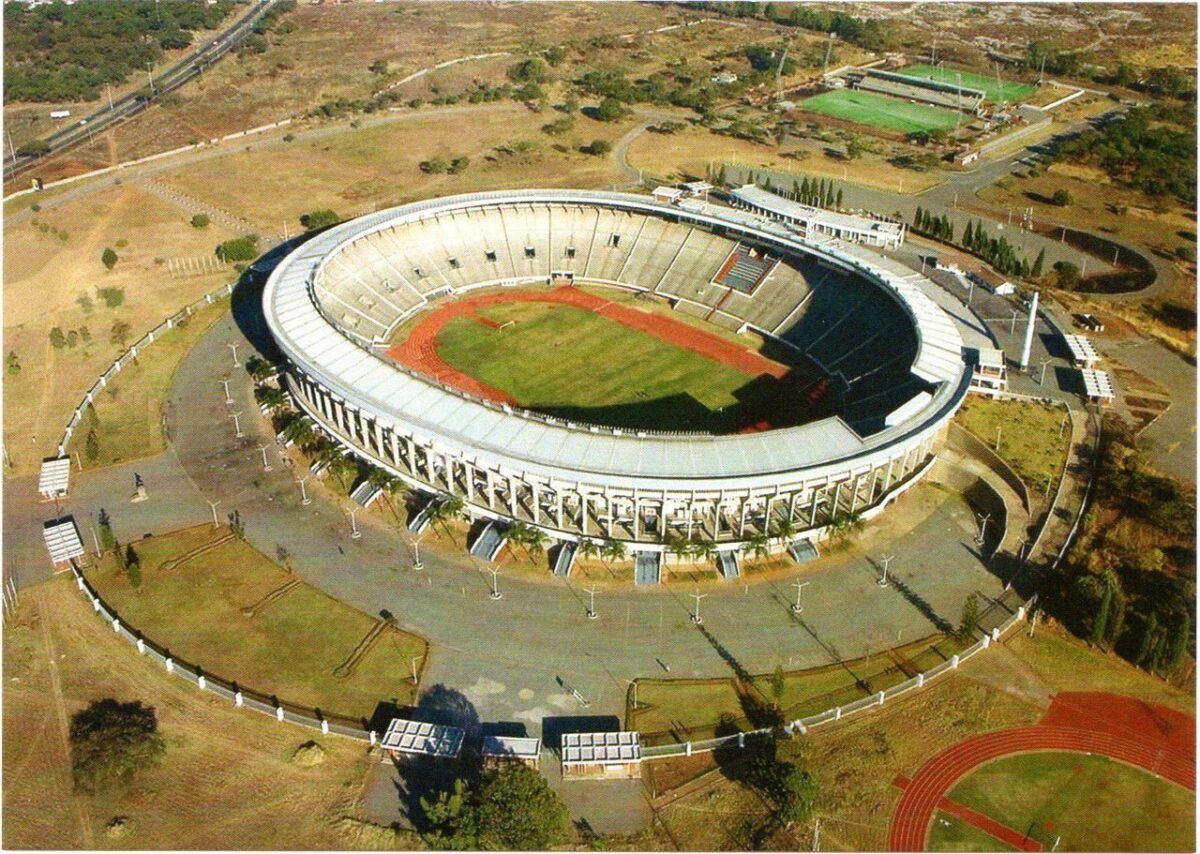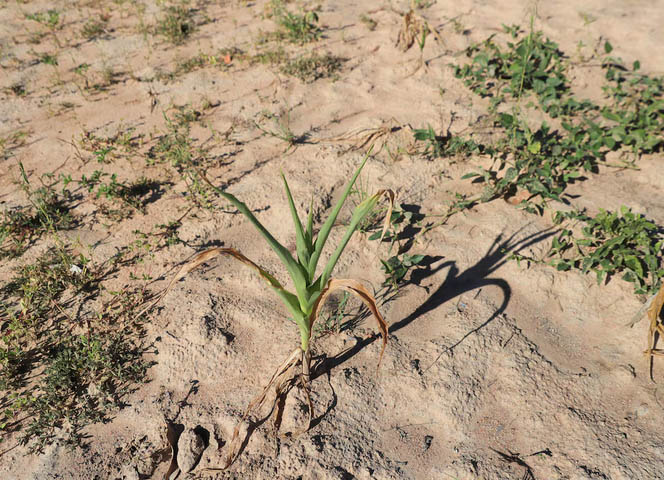HARARE – The MDC has warned of potential strife in Zimbabwe after the government withdrew subsidies on the staple maize meal.
The government says it has, following a decision by finance minister Mthuli Ncube to remove subsidies on maize and wheat for millers, lifted all customs duties to avert shortages.
Mealie-meal prices almost doubled on Monday, and bread prices are expected to leap past ZWL$20 soon.
MDC vice president and former finance minister Tendai Biti said Zimbabweans whose salaries have been shriveled by triple-digit inflation will starve.
“It’s fuel for public anger,” Biti told ZimLive. “Zimbabweans will have to stop normalising the abnormal and confront the regime. We must increase the cost of dictatorship.”
The removal of the subsidy was “cruel and degrading”, the former minister added, and would see mealie-meal and bread prices “going through the roof.”
Mealie-meal prices for a 10kg bag at most supermarkets which still had stocks were averaging ZWL$107 on Tuesday, up from ZWL$62.
Zimbabweans were hoarding mealie-meal in anticipation of shortages.
Speaking during a post-cabinet briefing with reporters on Tuesday, Information Minister Monica Mutsvangwa said: “Cabinet reiterated its position on the relaxation procedures on the importation of grain and foodstuffs.
“The nation is therefore informed that all companies and individuals with free funds are free to import not just maize, maize meal and flour but the entire range of foodstuffs without import permits. As such, no questions shall be asked regarding the source of the funds so used except where there are reasonable grounds to suspect that a crime has been committed.
“The intention is to ensure that by all means possible the citizens’ right to access food is protected until such a time that another review shall be deemed necessary.”
The move to allow imports by the government is unlikely to increase the availability of food with most workers and pensioners still not cushioned against soaring inflation which has wiped out savings and shrivelled salaries. The government has also banned trading in foreign currencies, and many Zimbabweans have no access to foreign currency to finance imports.
In August, the United Nations increased its aid appeal for Zimbabwe to US$331.5 million to help it recover from drought that has driven millions to the brink of starvation.
The El Nino-induced drought cut the maize harvest by half and is responsible for low water levels at the biggest hydro plant Kariba that has reduced power generation and triggered rolling power cuts.
The drought comes with Zimbabweans enduring the worst economic crisis in a decade – prices of staples such as sugar, cooking oil and mealie meal have more than doubled since June, jacking up inflation to over 400 percent.
The U.N. World Food Programme said 2.3 million people in rural Zimbabwe need emergency food aid now, and the figure would increase to 5.5 million during the lean season up to March next year.
The government estimates another 2.2 million people in urban areas also require food aid, bringing the total to 7.7 million, more than half the country’s population.
















